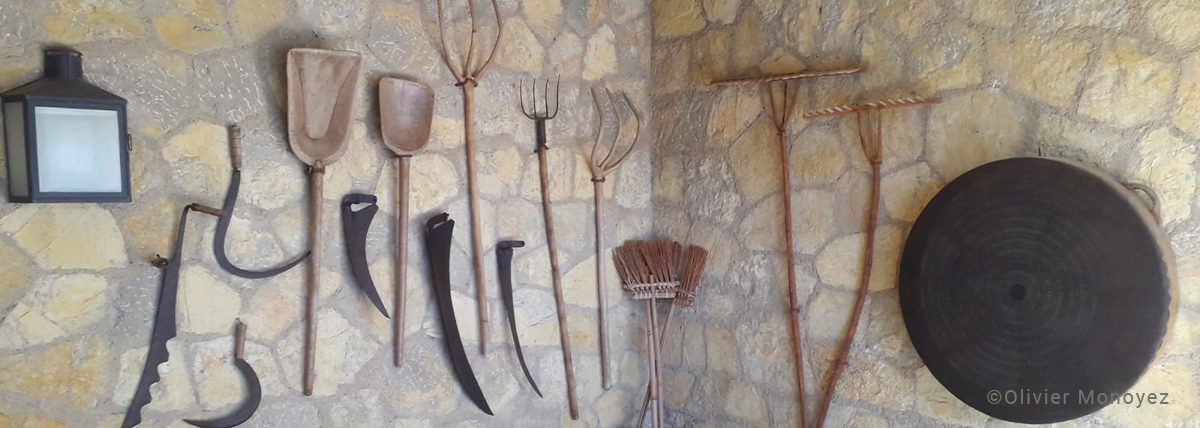
May 2023
Agenda
Seminars and residential studies
Cancer Immunotherapy – Seminar organized by Antonio Coutinho from 8th to 13th of May.
The latest advances in cancer immunotherapy will be discussed. Several questions will be asked : how does the immune system detect and eliminate tumor cells during these treatments? How can current clinical outcomes be improved by increasing the proportion of patients who respond, as well as by decreasing the negative impact of these treatments, including autoimmunity? how can we distinguish “responders” from “non-responders” before processing? Research fields opening up new therapeutic avenues will also be in the centre of discussions.
The Pompidou Centre – Seminar organized by Laurent Le Bon from 22nd to 27th of May.
The coming years will be essential for the Pompidou Centre. In 2024, the Centre will effectively close for works, with a cultural project consolidated almost 50 years with its opening, and the drafting of a scientific and cultural project for the National Museum of Modern Art, one of the few museums in France not to have it to date. And in 2027, the Centre will celebrate its 50th anniversary. The seminar that the Center Pompidou wishes to conduct will focus on the cultural project to come, echoing the Arcachon seminar of January 1984 for the Grand Louvre.
Olympic physical – Small residential study organized by Christophe Clanet from 15th to 20th of May.
France will host the Olympic and Paralympic Games in 2024. Whether it is the specialized press or the general public, there will be no shortage of eyes to turn to this event. However, there is a more unexpected way of observing sport, which is that offered by the sciences – physics, mechanics or biology, in the first place. The objective of this residential study is to write a book intended for a wide audience dealing with the way in which the physical sciences are brought into play in sports disciplines. Beyond that, it is a question of showing, in times when expertise is called into question and science is often suspect, what a scientific gaze brings – in particular in its capacity to go beyond appearances and to resolve supposed paradoxes.
Study of damage models – Small residential study organized by Jean-Jacques Marigo from 22th to 27th May.
Gradient damage models, also referred to in the literature as phase field models, have enjoyed great success over the past twenty years thanks to their ability to model the failure of materials and structures. The main objective of the project is first to work on damage models with a finite number of degrees of freedom and to rigorously establish results of uniqueness (or non-uniqueness) of solutions in dynamics, then to introduce stability (or instability) criteria for solution branches. The study of continuous systems will come next. [learn more]
Residencies
Author’s residency
Carine Fernandez
Le Castillan des Lumières (The Castilian of Enlightenment) draws a picaresque novel with a lively tone that is set in the context of the end of the 18th century. It sets out to retrace the life of Léandro Urbina de Piedraescrita, a Castilian adventurer who roamed Europe amidst the ideological and political upheavals of the Revolution and the Empire. [learn more]
Photography Residency
Olivia Gay
Her project, provisionally entitled “Research”, will be carried out within the framework of the Treilles Foundation. Based on research on the Mediterranean light and the links between painting and photography, she will endeavor to make visible the presence of the people invited (scientists, artists, external speakers) with the aim of questioning what really means “to seek” or how to make visible, through the photographic gaze, the world of ideas.
Eric Bouvet
Eric Bouvet has covered the biggest world events of the last 40 years, in 140 countries and for the biggest magazines. Since 2011, he has also produced documentary projects in the chamber. His project focuses on these places of passage for traders, migrants, diplomats, soldiers, tourists and sportsmen that are the Franco-Italian border passes that have shaped history so much. Important strategic and geopolitical stakes, they mark a border with an eventful layout. [more information]
